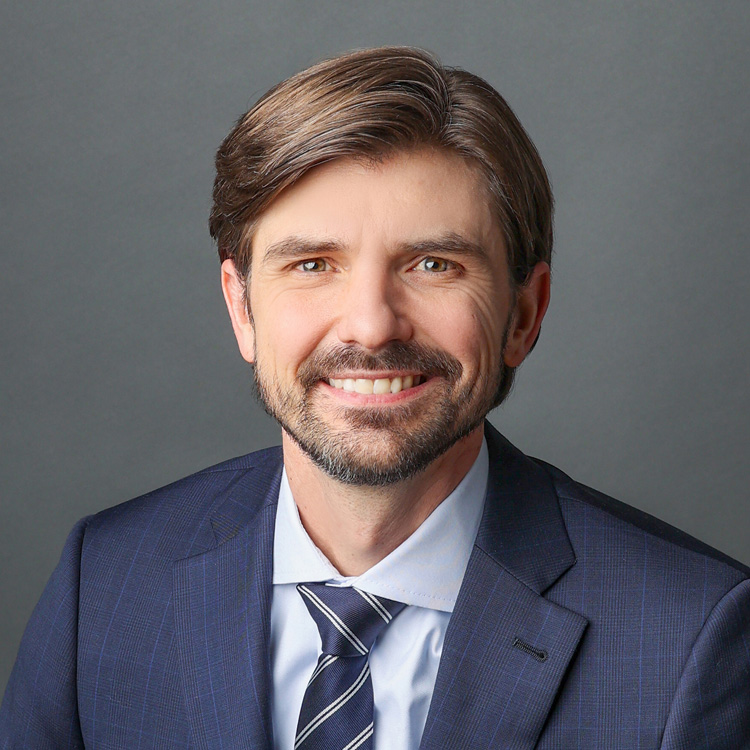Published by the Pioneer Press, access original article here.
We’re all bombarded daily with warnings about the risk of investing. Buying yesterday’s hot stock. Losing your money in crypto. Crazy Uncle Harry’s can’t miss, ground-floor opportunity.
A more technical definition of risk is the chance that an outcome or investment result will differ from an expected outcome or return. If you are one of the few people to study fund fact sheets, standard deviation is often used as a risk metric. It looks at volatility in comparison to historical averages in a given time frame, say 1, 3, 5 or 10 years. Said another way, it’s how much a given investment goes up or down over time, which can be a useful way to track investment risk. Other investors think risk is their fund or advisor falling short of an arbitrary index of securities, such as the Dow Jones Industrial Index or S&P 500® Index.
We would challenge both of these definitions of risk. Risk is not falling short of an index; it’s falling short of your goals. Does it really matter if your return lagged the broader market by 10% or 15% in one year versus the realization that, based on a lifetime of savings, you’ll run out of money in retirement?
Risk begins with you
No two clients at our firm are alike. Experience shows that an investor’s capacity to accept investment risk is shaped by many factors, including the family history, personality, lifestyle or age. Because it is so critical to the financial planning process, defining risk is not as easy as it seems.
Before you can consider risk in your portfolio, you have to identify your goals, based on your individual circumstances and what you want to accomplish with your money. Possible goals may fall into one or more of the following buckets:
· You’ve worked hard, saved and done well in the markets, and are looking for self-sustaining wealth.
· You want to have discretionary wealth — the ability to freely enjoy what you’ve accumulated.
· You may be interested in passing wealth onto your kids or future generations.
· You may be interested in using philanthropy as a force for good in the world.
These scenarios have very different emotional drivers, timelines and risk factors. For example, if you are in the accumulation phase, you may be more concerned about financial security (“Will I be okay?”), but if you’re at the higher end of the wealth spectrum, you may be more concerned about managing growing complexity in your life (“What am I missing?”).
After setting goals, the next step is to wrap a thoughtfully constructed investment strategy around them to increase the odds of success while minimizing potential risks. Those risks have nuances. Risk tolerance is the amount of risk that you must take in order to reach your personal goals, which are based on your unique situation. But this needs to be balanced against your risk capacity —how much risk you can afford to take.
Someone with a high level of wealth may have higher risk capacity than someone with less money to put at risk. If a drop in the value of your investments causes you to reduce your lifestyle below a comfortable level, you have exceeded your risk capacity.
Four risk factors to include in your financial plan
This, then, is how we think you should define risk – not that the markets will go down or up, but whether you are likely to fall short of reaching your goals. Risk by its nature deals with four unknowns that need to be managed in the planning process.
Longevity
No one knows for certain how long they’ll live, so any financial plan needs to consider your life expectancy. In the financial plans we prepare for clients, we routinely project life expectancies to at least age 90. There are a number of strategies that you can use to reduce the financial risk of dying early and provide a more secure future for your family.
Inflation
Sustained bouts of inflation can wreak havoc on your investments, as we’ve seen over the past year or two. While it’s nearly impossible to completely insulate your portfolio from inflation, having a well-diversified core allocation to stocks and bonds could help navigate inflationary periods. Rising prices can be especially good for stocks, if the underlying companies can raise their prices without losing business. Another way to help you stay ahead of inflation is by adding asset classes that are not as sensitive to inflation or rising interest rates to your investment toolkit.
Market returns
No one can consistently predict where the stock or bond market will be in a month, six months, a year or three years from now. Rising stock markets require strong earnings growth to maintain high valuations, and earnings in some sectors have come under pressure recently. However, history shows that over 10- or 20-year rolling time periods, stocks have almost always advanced. If you have the benefit of a long investment horizon, you can reduce market risk by consistently saving and investing and sticking to a sensibly constructed financial plan. (Past performance is no guarantee of future results.)
Tax policy
Tax policy rarely remains static or predictable. State and federal income taxes, property taxes and estate taxes all affect how much of your money you’ll keep. We recommend diversifying your assets by tax location, which may help you improve your financial position, no matter whether taxes are high or low.
By Bruce Helmer and Peg Webb, Financial Advisors at Wealth Enhancement Group and co-hosts of “Your Money” on WCCO 830 AM on Sunday mornings. Email Bruce and Peg at yourmoney@wealthenhancement.com. Securities offered through LPL Financial, member FINRA/SIPC. Advisory services offered through Wealth Enhancement Advisory Services, LLC, a registered investment advisor. Wealth Enhancement Group and Wealth Enhancement Advisory Services are separate entities from LPL Financial.
The opinions voiced in this material are for general information only and are not intended to provide specific advice or recommendations for any individual.


